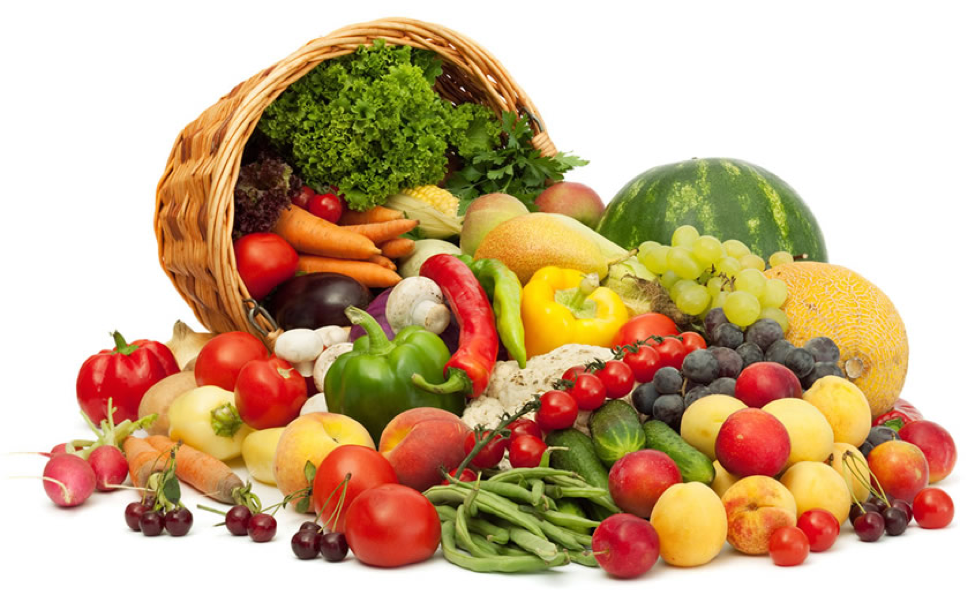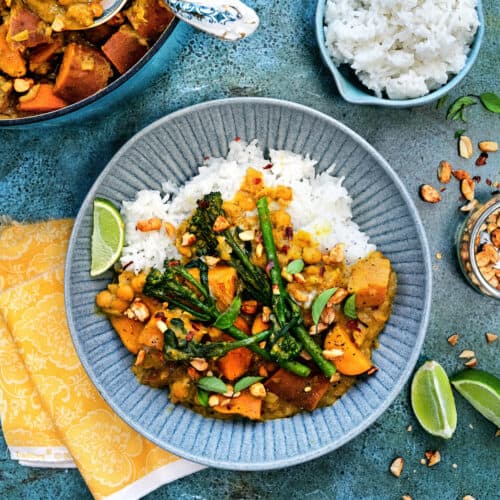Admin Admin
Do Your Words Support & Encourage Your Growth, or Hold You Back & Belittle You?

The person we speak to and listen to the most is ourselves, as we all have a near constant narrative going on in our minds. Because of this, the relationship we have with ourselves is the most important one there is, especially as we are the only person we are guaranteed to be with 24-7, for our entire life.
If we also take into account that the mind registers little difference, if any, between physical, mental or emotional pain or reward, no matter where it comes from, ie. from the outside from other people, or from our own internal narrative. The way in which we talk and refer to ourselves is of paramount importance, especially as our words are also a window to our beliefs of not only how we view others and the world, but also how we see and treat ourselves.
This is a very simplified understanding of how we work, but explains a little about why the words we use are so important to us. If you find yourself berating your own efforts or putting yourself down, do you think it might be time for an upgrade of your words?
The first step in this process is to listen to the words you say to yourself, in the most impartial way you can. You can do this by imagining it is a conversation between a stranger and the person you most care for and love in this world. In this scenario, you are the stranger talking to your loved one but doing so in the same way you generally talk to yourself in moments of frustration. Then it is about being honest with yourself and deciding if you are happy with the way your most cared for and loved person in the world is being spoken to. For instance, can you hear a narrative of an abusive person being spoken by the ‘stranger’ or is the ‘stranger’ being supportive, caring and respectful.
Another way we help our clients with understanding which words are more appropriate, is to be aware of how they feel when they say them. This may sound a little odd at first as we are not ordinarily taught to feel the words we speak but once you understand this concept, you will appreciate the value of its meaning. So, to explain further; one of the phrases we generally highlight with our clients is their use of “have to” as it can more often feel very different to saying “want to”. This is because to say “have to” do something has a feeling more like a chore whereas “want to” has a feeling of choice and deliberate action about it.
 There are many reasons you talk to yourself in the way that you do and these have been primarily formed over your formative years. As you begin the process of listening to your own self-talk, you may begin to hear that you echo the ways in which those around you speak and or spoke to you. These are all subjects worthy of their own discussions and for those of you who follow our blogs, you can look forward to investigating topics such as this but for the purpose of this blog, the lesson we are hoping you take is this; if you wouldn’t say something to your loved ones in fear of upsetting or offending them, why say it to yourself? Show yourself the respect you deserve, speak kindly to yourself and in doing this, learn to feel the difference between the words that put you down and the worlds that pick you up. Your words are powerful and if used in the right way will have a wonderfully positive effect on how you view yourself and subsequently how you feel.
There are many reasons you talk to yourself in the way that you do and these have been primarily formed over your formative years. As you begin the process of listening to your own self-talk, you may begin to hear that you echo the ways in which those around you speak and or spoke to you. These are all subjects worthy of their own discussions and for those of you who follow our blogs, you can look forward to investigating topics such as this but for the purpose of this blog, the lesson we are hoping you take is this; if you wouldn’t say something to your loved ones in fear of upsetting or offending them, why say it to yourself? Show yourself the respect you deserve, speak kindly to yourself and in doing this, learn to feel the difference between the words that put you down and the worlds that pick you up. Your words are powerful and if used in the right way will have a wonderfully positive effect on how you view yourself and subsequently how you feel.
Roasted Butternut Squash and Chickpea Curry
Full of flavour and packed with nutrients, this curry is so easy to cook, it is a not only perfect for a mid-week meal, it serves well at dinner parties too.
Prep Time: 15 min
Cook Time: 60 min
Total Time: 70 min
Time to have fun
To prepare the butternut squash, cut off both ends and then peel off the skin.
Cut in half length ways and scrape out the seeds with a spoon.
Cut the squash into cubes about 1 cm square.
Place on a large baking sheet with a drizzle of oil, salt and pepper.
Place in the oven at 200C/400F for 30-40 minutes until soft through and starting to crisp and brown on the edges.
Whilst the squash is roasting heat a large nonstick pan (you can add the coconut oil if preferred to prevent sticking).
Add the onions to the pan and heat on a medium heat for 2 minutes.
Add the garlic and ginger.
Continue to heat for 2 minutes then add the curry powder, grand masala, cumin, tumeric and chilli Powder.
Mix well, adding a little water to the pan to prevent the ingredients from drying and burning.
Add the tin of chopped tomatoes, coconut milk and vegetable stock. Bring to a gentle simmer and leave for around 10 minutes.
Add the drained chickpeas and simmer for 10 minutes, stirring occasionally.
Continue to simmer until the sauce is thick and creamy.
Add the roasted butternut squash and mix gently.
Serve over basmati rice.
To serve, we often add either thinly sliced pan fried red onion or steamed baby stem broccoli for that extra colour and crunch.

Ingredients
-
Coconut Oil 1 teaspoon
This is only to stop your food sticking to the pan, so a nonstick pan would be fine or even a splash of warm water can work just as well.
-
White Onion 1 Medium
How large or small you cut it is up to you. We like it big and chunky.
-
Garlic 1 to 3 cloves
Finely chopped. The amount is up to you and your personal taste.
-
Ginger 1cm cube
Grated or finely chopped
-
Curry Powder 1.5 teaspoons
Or more or less its your choice.
-
Grand Masala 1 teaspoon
-
Cumin 1/2 teaspoon
For a more authentic feel you can you use seeds instead of or as well.
-
Turmeric 1/2 teaspoon
Ground
-
Chilli Powder A pinch
Or more or less its your choice how hot you would like it.
-
Chopped Tomatoes 1 can
Or equivalent amount fresh if you like.
-
Coconut Milk 1 can
Or equivalent sized carton
-
Vegtable Stock 1 cube
-
Chickpeas 1 Can
Or equivalent amount soaked
-
Salt and Pepper To taste
There is no specific requirement for salt and pepper apart from to change the flavour to suit.
Optional Extras
-
Red Onion 1/2
Thinly chopped into slices and fried for a crispy garnish.
-
Baby Stem Broccoli
Steam 3-4 stems of broccoli per person to serve on top of the curry.



